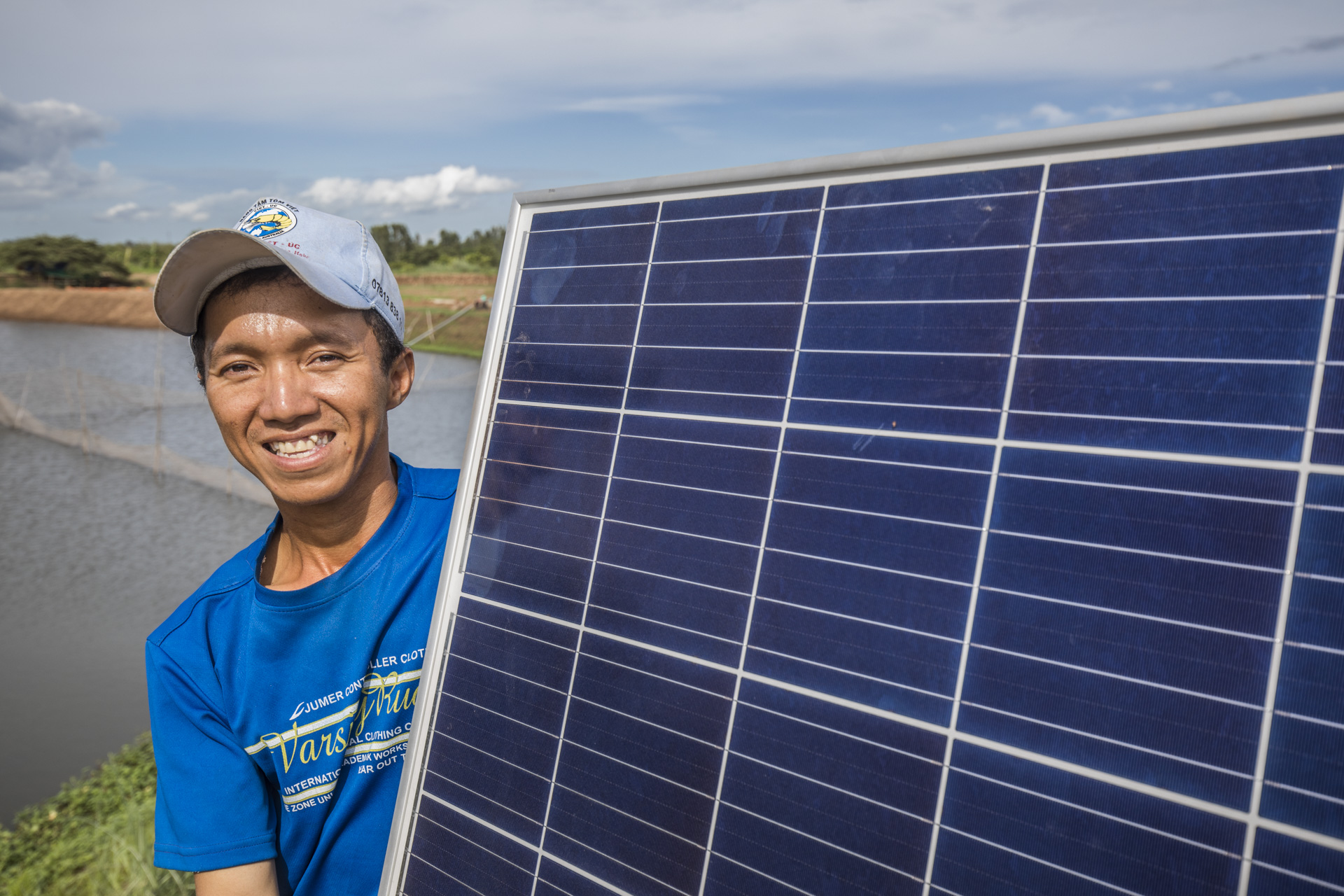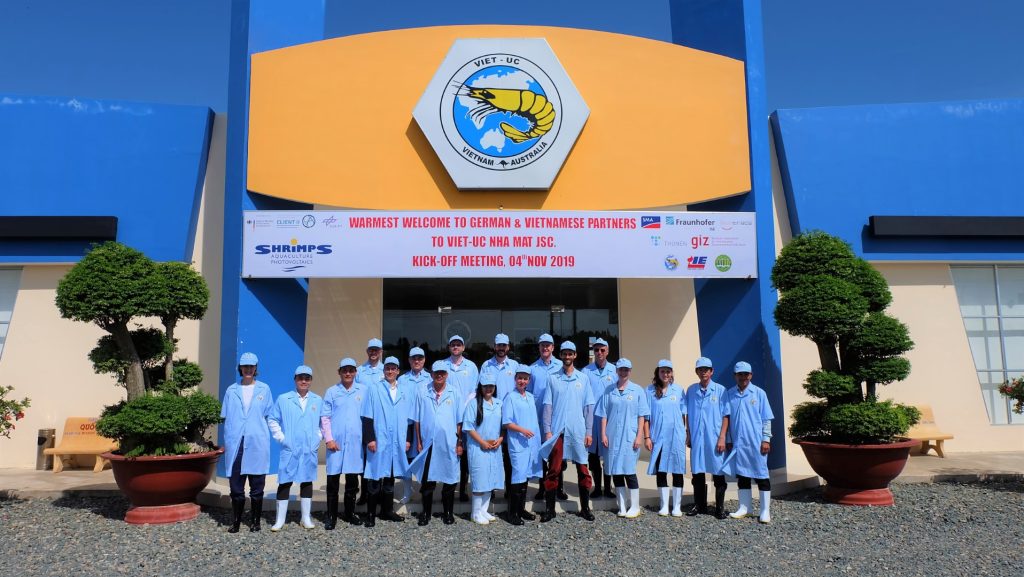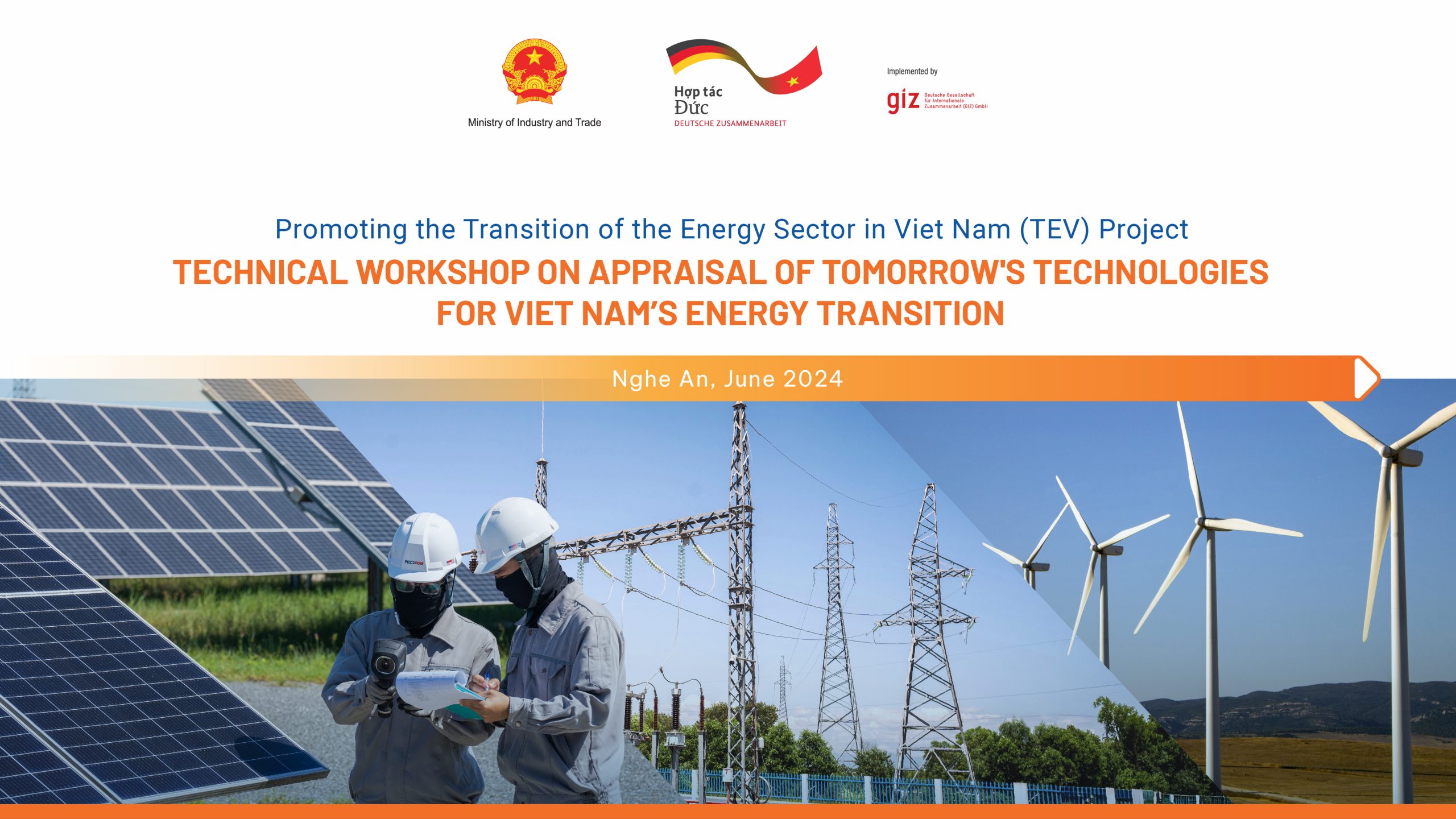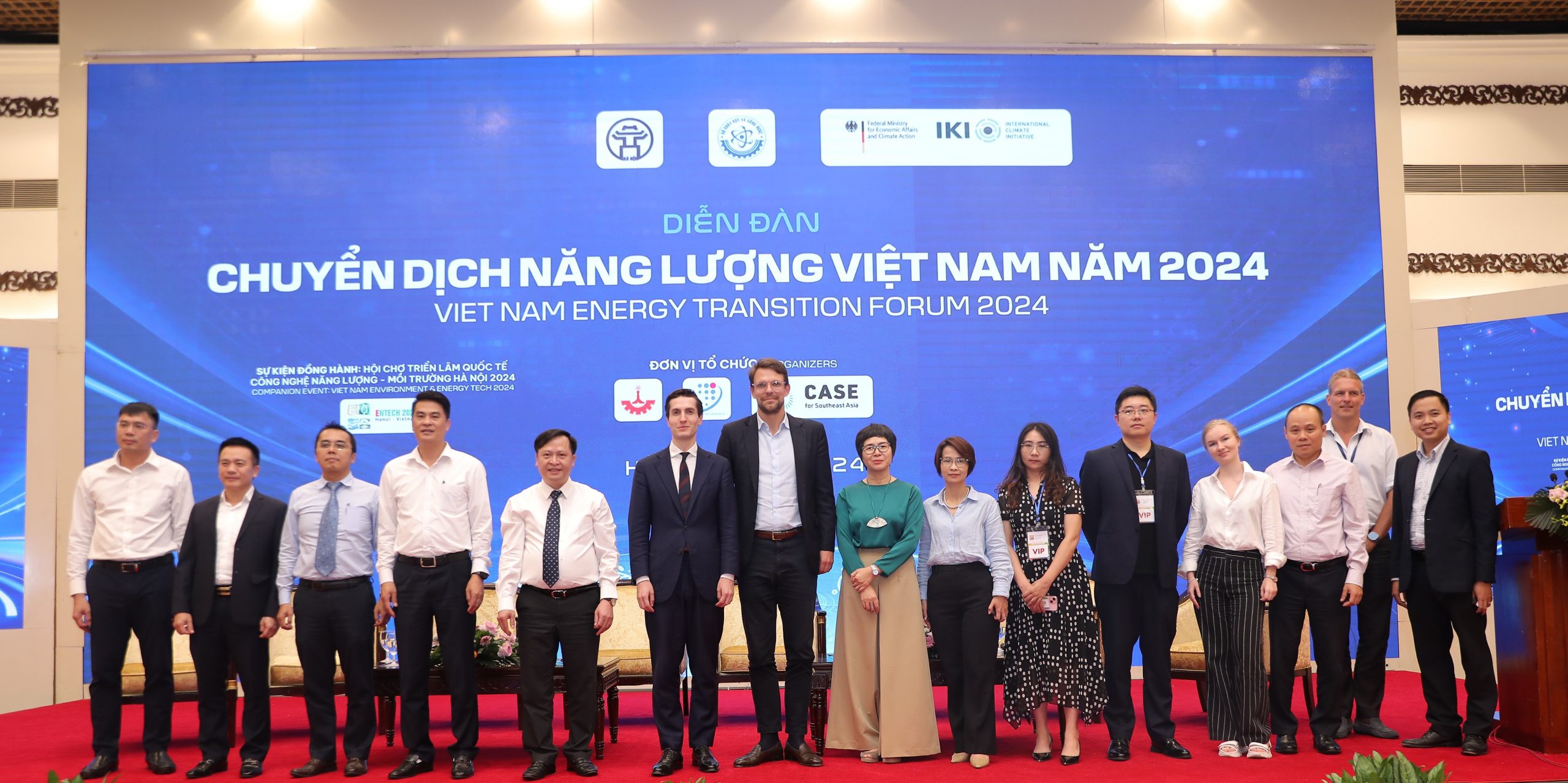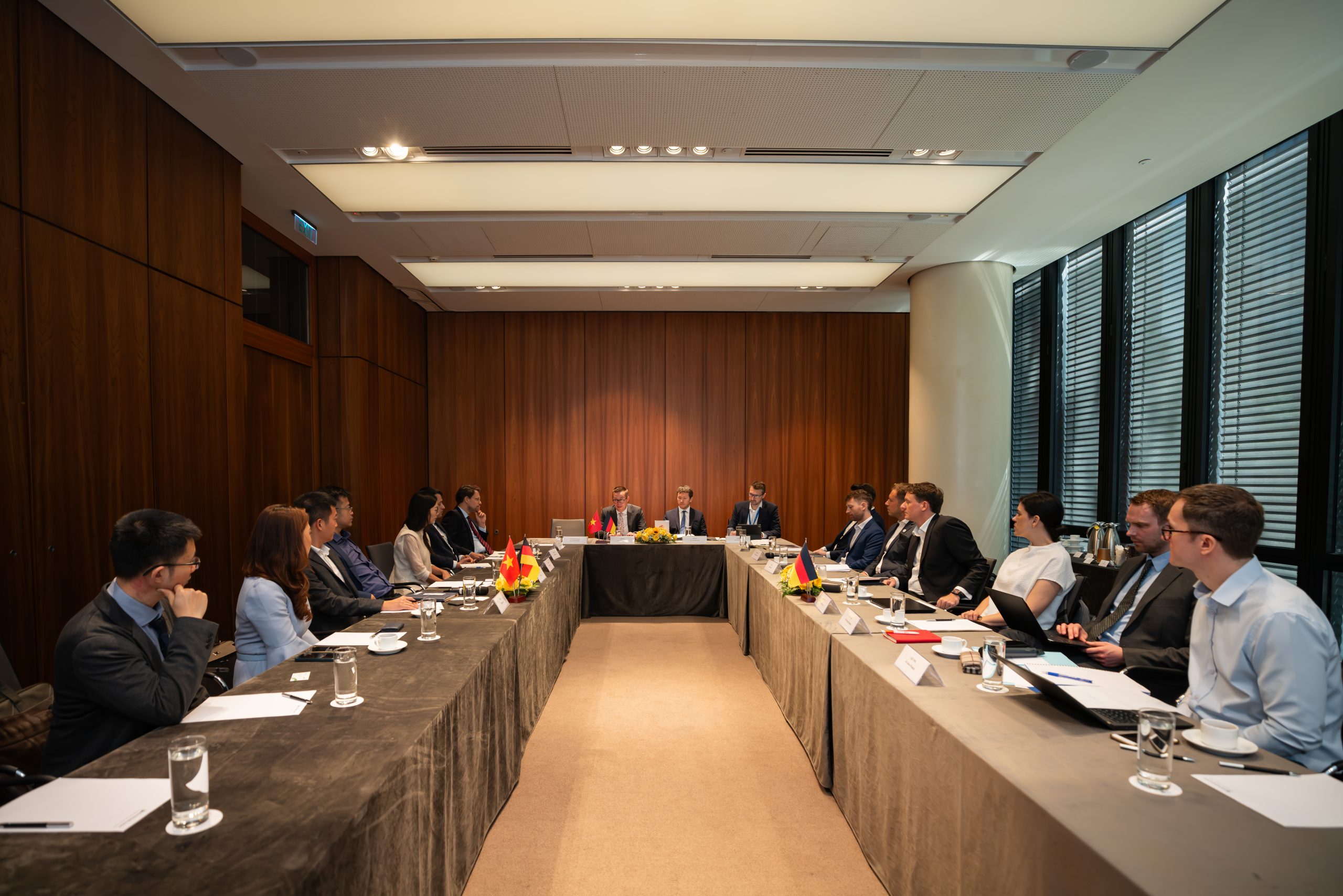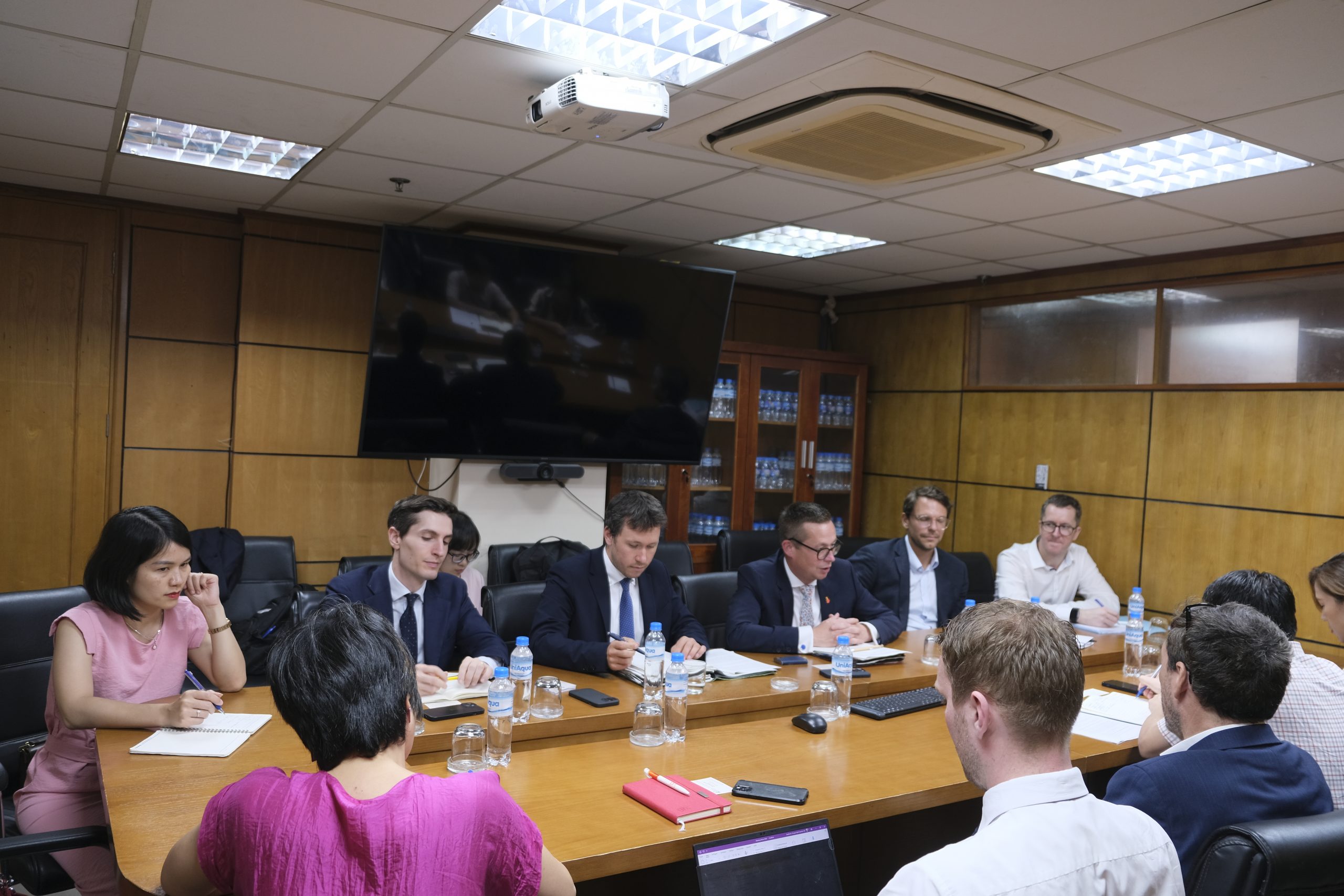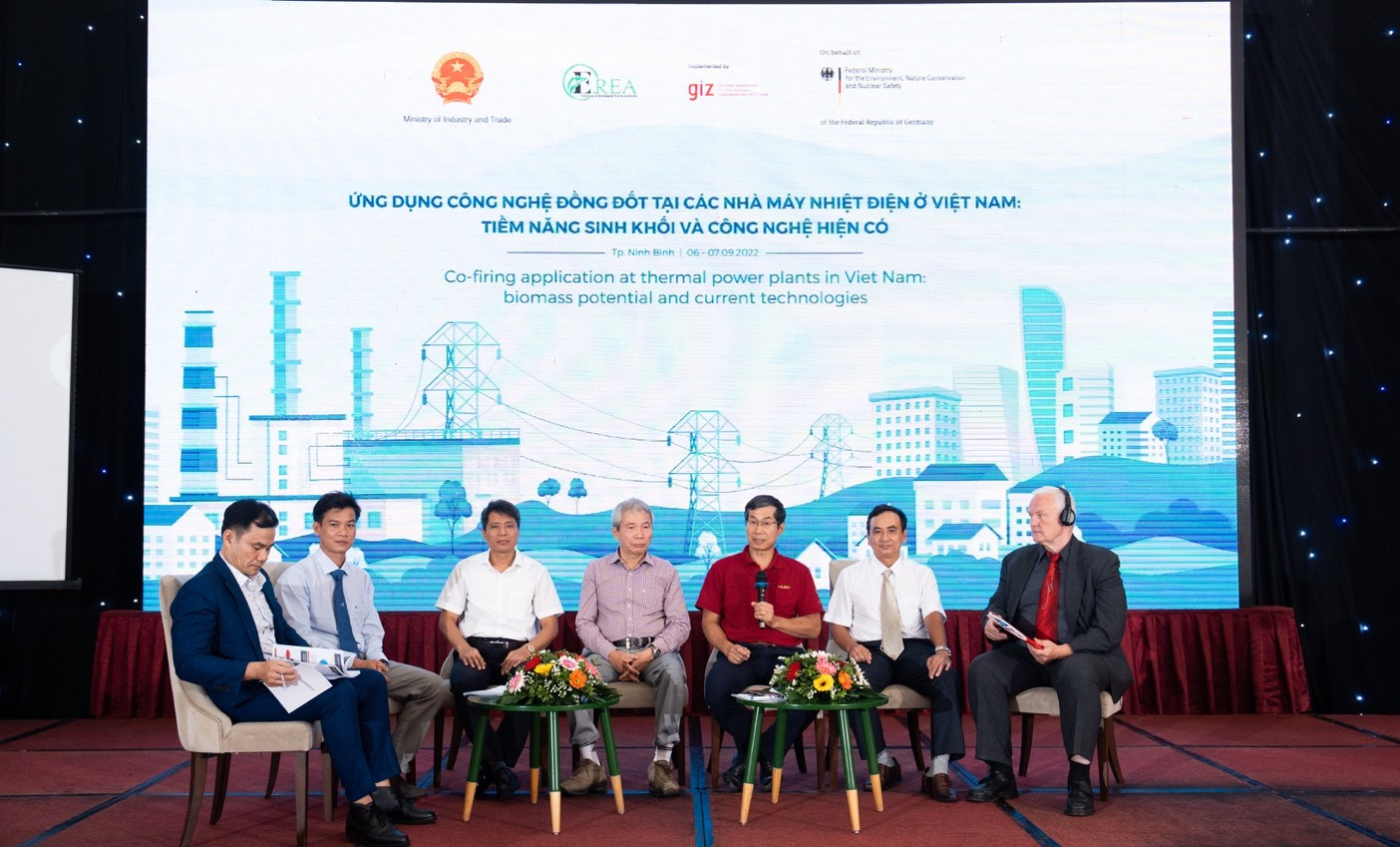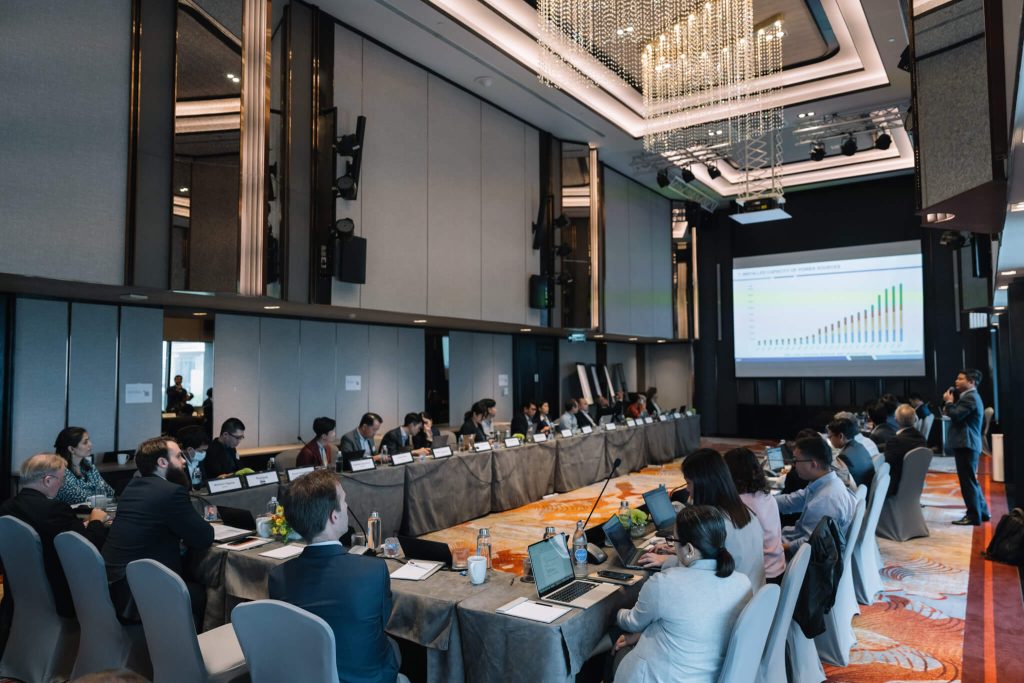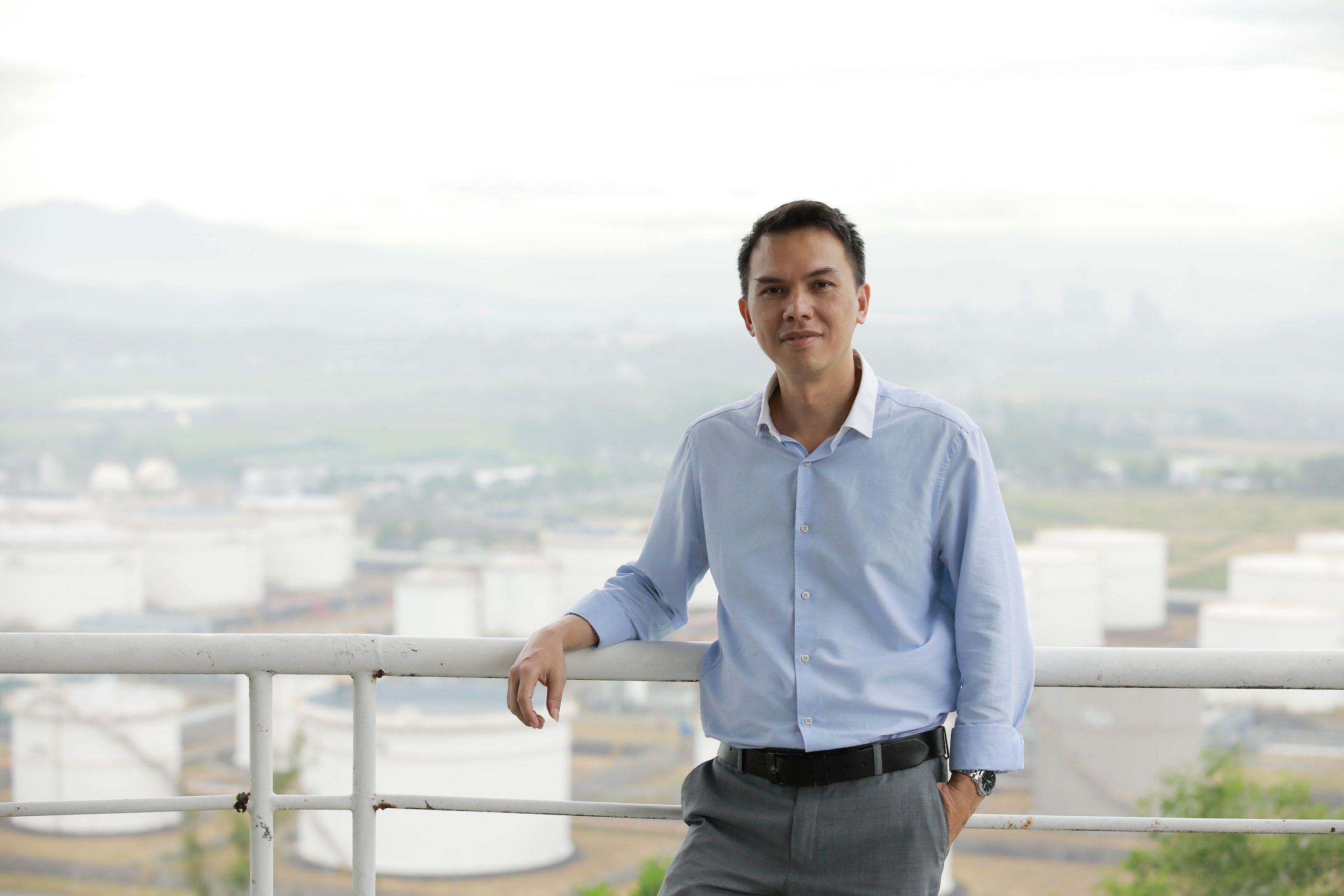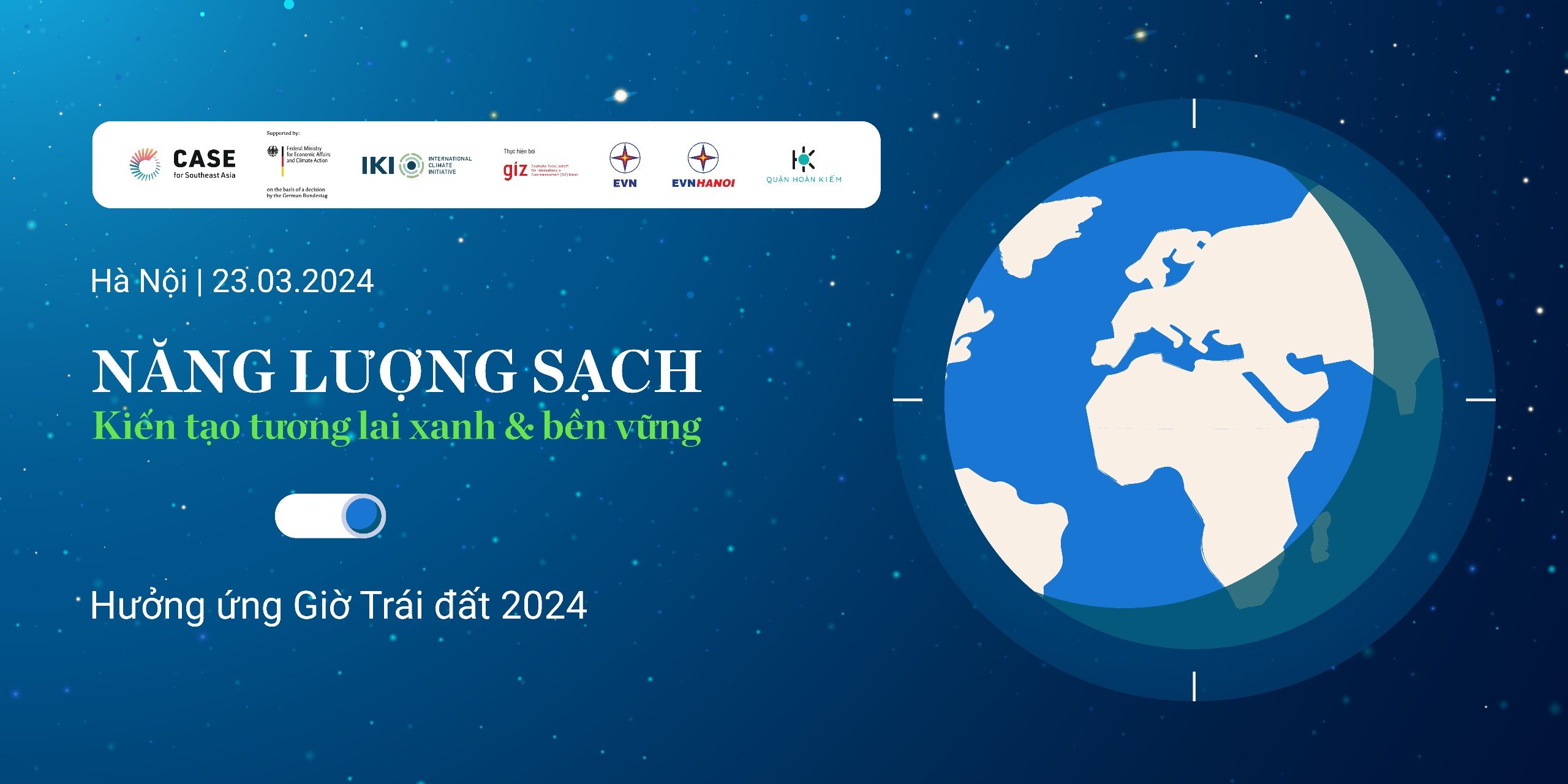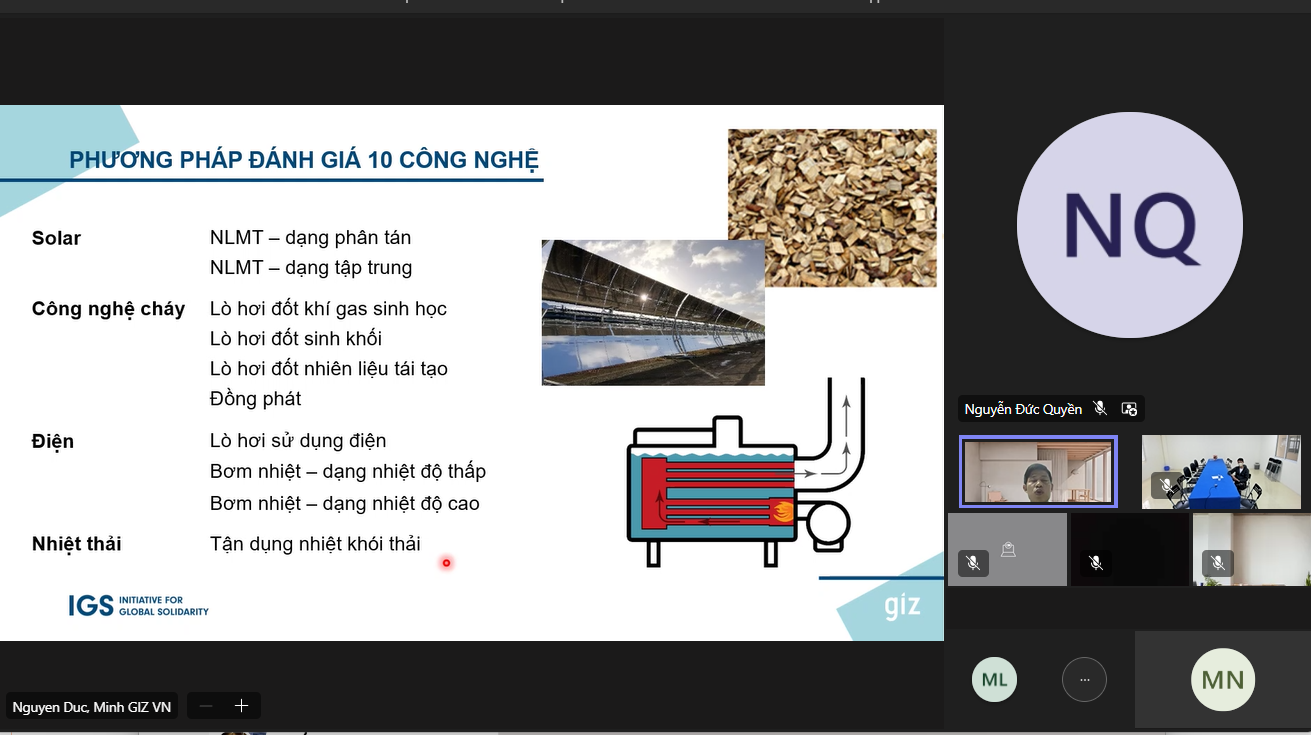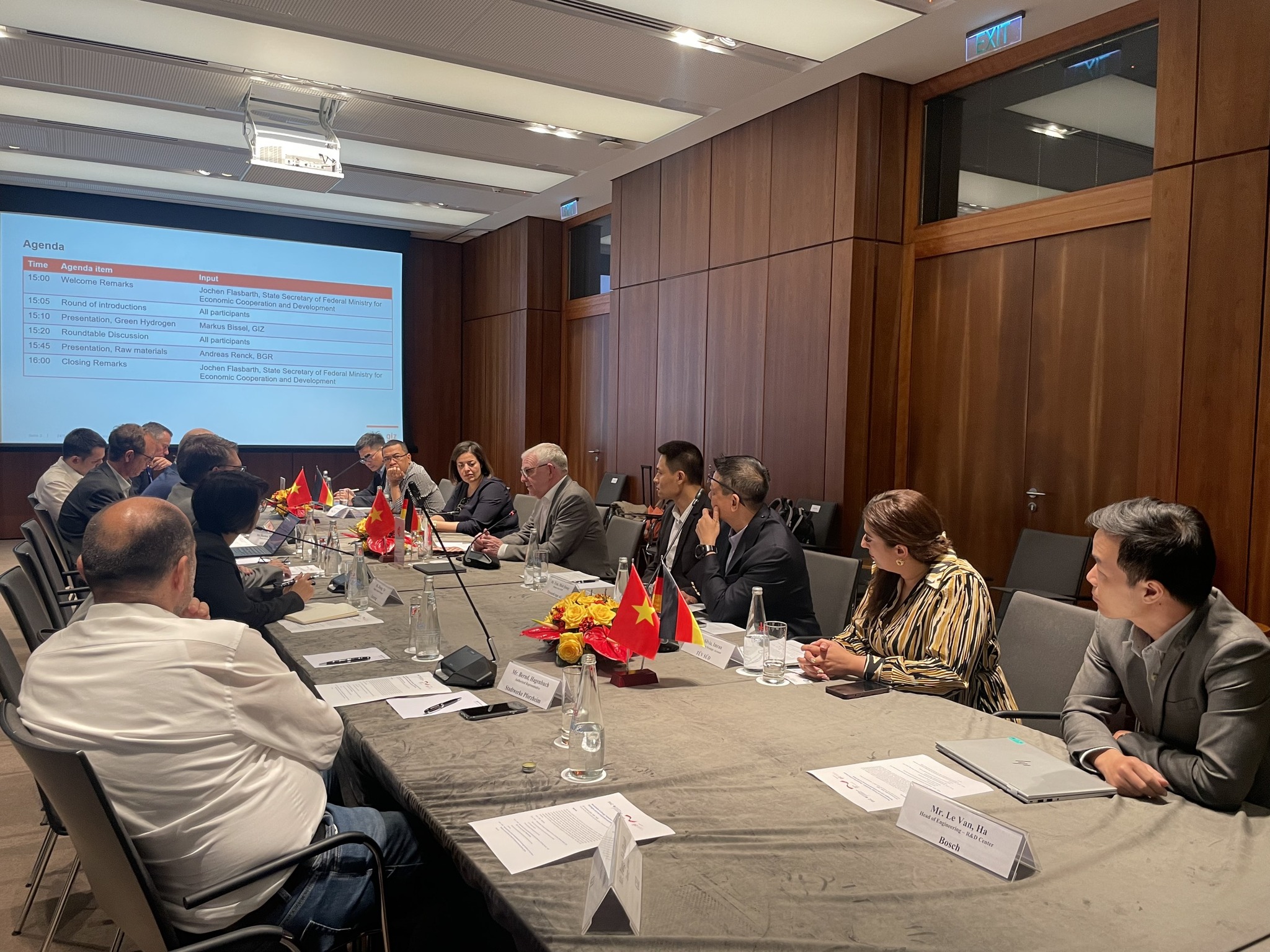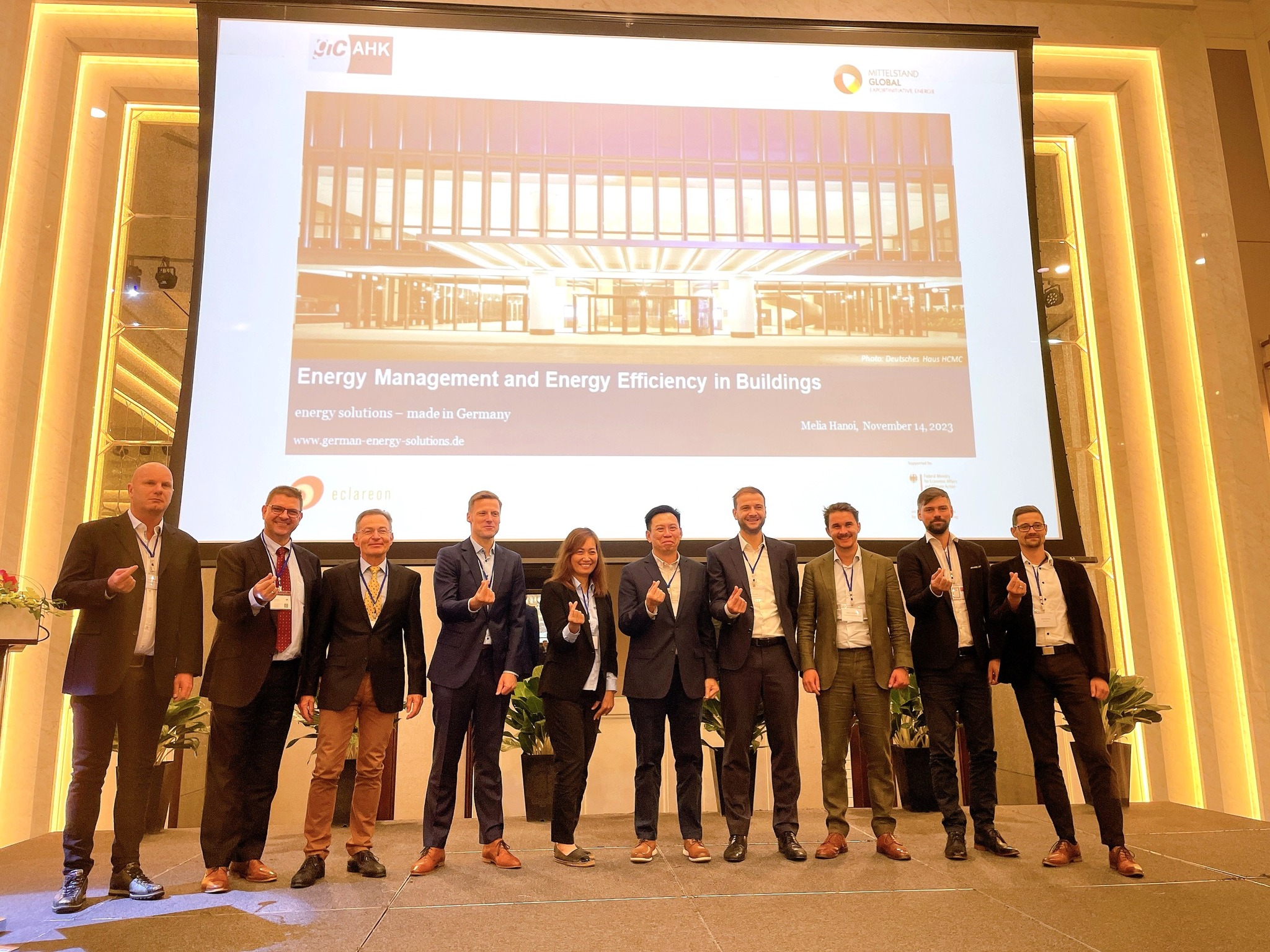Deutsche Gesellschaft für Internationale Zusammenarbeit (GIZ) GmbH and the German research institute – Fraunhofer Institute for Solar Energy Systems (ISE) – have signed an agreement together with further partners from the private and public sector to implement a new project on combining aquaculture farming with photovoltaics in Viet Nam’s Mekong Delta.
Within the ‘Solar-Aquaculture Habitats as Resource-Efficient and Integrated Multilayer Production Systems’ (SHRIMPS) project, solar modules will be installed on the roofs of shrimp greenhouses at a pilot plant in Bac Lieu province.
Set to run until 2022, the project will effectively make use of the farming land, reduce freshwater consumption, wastewater and CO2 emissions, while keeping an optimal water temperature for shrimp growth as well as improve working conditions for the employees at the facilities.
‘The project offers a practical solution to double the use of land to produce both food and energy in Viet Nam and helps to achieve greater resilience of local farms to climate change impacts,’ said Mr. Tobias Cossen, Project Director on behalf of GIZ. ‘We will monitor the installation of the pilot plant and in the next step, the technology will be transferred to small and medium-sized aquaculture businesses in other provinces and finally to further countries in Southeast Asia.’
Before the signing, Fraunhofer ISE, on behalf of GIZ, had conducted a pre-feasibility study on the potential for combining shrimp farming with photovoltaics in 2018. It has also tested the technical and commercial feasibility of dual land use for solar power generation and commercial aquaculture on a specific shrimp farm.
The project is a part of Germany’s research cooperation efforts in Viet Nam. The German Federal Ministry of Education and Research (BMBF) is funding the project within the framework programme “Research for Sustainable Development” (FONA3) by supporting the research and development activities of the partners Fraunhofer ISE, the German Thünen Institute of Fisheries Ecology, SMA Sunbelt Energy GmbH and Suntrace GmbH.
Participating on the Vietnamese side are Ho Chi Minh City’s Nong Lam University, the Vietnamese Institute of Energy, a major Vietnamese shrimp production company, and Bac Lieu’s Department of Agriculture and Rural Development.
With an increase in annual electricity demand of around 10%, Viet Nam cannot achieve a reduction in greenhouse gas emissions of between 8% and 25% by 2030 in compliance with the Paris Climate Agreement (COP 21) if it does not promote the growing use of renewable energies simultaneously. Meanwhile, groundwater is increasingly used for aquaculture farms in the Mekong region due to more surface water pollution; together with water abstraction for domestic and agricultural purposes, this leads to a steady land subsidence. Therefore, using renewable energy can help the aquaculture sector in Viet Nam alleviate the pressure on land and sustainably develop and protect the environment.



